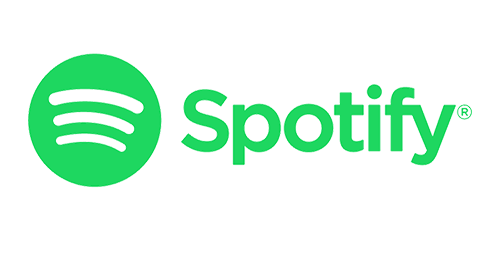Spotify is one of the world’s most popular audio streaming subscription services with more than 551m users, including 220m subscribers, across over 180 markets.
Spotify revolutionised music listening forever when it launched in 2008. Today, more listeners than ever can discover, manage, and enjoy over 100 million tracks, including 5 million podcasts, and 350,000 audiobooks on Spotify. Through Spotify Premium, users can access exclusive features for music including improved sound quality and an on-demand, offline, and ad-free music listening experience. Furthermore, Spotify employ over 1000 people in the UK alone, demonstrating its commitment to developing the UK’s tech economy, and proving that it is a key player in the UK’s rapidly growing digital market.
But, despite the size and global stature of Spotify, Apple and Google’s monopolistic practices are harming both this business and its consumers.
Denying Consumers True Choice
Apple arbitrarily moves the goalposts and frequently changes the rules for competing app developers. This is detrimental for consumers, as Apple prevents them from enjoying the best possible user experience on the apps of their choice. Specifically, Apple routinely bars Spotify from communicating directly with their customers who access Spotify via Apple platforms.
App stores should not be allowed to control the communications between services and their customers, including placing unfair restrictions on marketing and promotions that benefit consumers.
Spotify’s customers aren’t allowed to hear from the business about deals, ways they can take advantage of opportunities to upgrade their service, or even how to purchase an audiobook via their app due to Apple’s terms. Apple has also routinely rejected and delayed upgrades and enhancements to the Spotify app that it develops to improve functionality and our customers’ experiences—and they’ve done so at business-critical moments for Spotify, like during the launch of its Audiobooks service.
Critically, Apple put none of these roadblocks in front of their own services, which is a clearly a completely unfair abuse of their power and a detriment to competition.
A Discriminatory 30% Tax
- Use Apple’s payment system and be forced to pay the 30% fee, which Apple’s music service doesn’t have to pay, making it so they cannot be price-competitive.
- Not use the payment system and face a gag order, which limits Spotify’s ability to communicate directly with its customers about where to sign for Premium features (In fact, if Spotify don’t use the payment system and pay the tax, it can’t even say “Get Premium” or provide helpful hints on how/when/where customers can upgrade.) and to inform them about deals, new product offers like audiobooks, and service promotions.
People should have a real choice of payment systems, and not be ‘locked in’ or forced to use systems with discriminatory tariffs such as Apple’s 30% Commission.
Apple’s Priorities are with Its Own Interests
Apple stifles innovation from businesses, by enforcing cruel and arbitrary rulings such as not allowing the listener to purchase an Audiobook within the Spotify app—clearly showing that Apples priorities lie not with the consumer, but with their own interests.
Users should be able to complete an audiobook purchase in a single click. Unfortunately, Apple sees things differently and, similar to with the Premium experience, iOS users must take the multiple steps of going to a browser or desktop to purchase audiobooks. Spotify aren’t even able to tell users where to go or how to navigate this convoluted process. But this isn’t the case for audiobooks on the Apple Books app, a clear demonstration of the profit first, competition second approach that Apple takes with regard to businesses.Rejecting Innovation
Apple continue to block any form of progress from innovative companies such as Spotify, as they often bluntly reject any app enhancements. Spotify love making improvements and introducing new features to Spotify users, but when Apple thinks the app doesn’t abide by its unilaterally imposed restrictions, Apple routinely reject bug fixes and app enhancements that would improve user experience and the app’s functionality—leading fans to believe Spotify’s app and tech abilities are subpar. Nothing could be further from the truth.
Apple never puts any obstacles in front of their own Apple Music app, blatantly giving its own app as many artificial advantages to make up for its below par performance when compared to Spotify or other competitors.
Therefore, Spotify believes that, ‘An effective DMU will be a key instrument to remedy persistent anti-competitive practices and ensure fair and contestable digital markets.’

